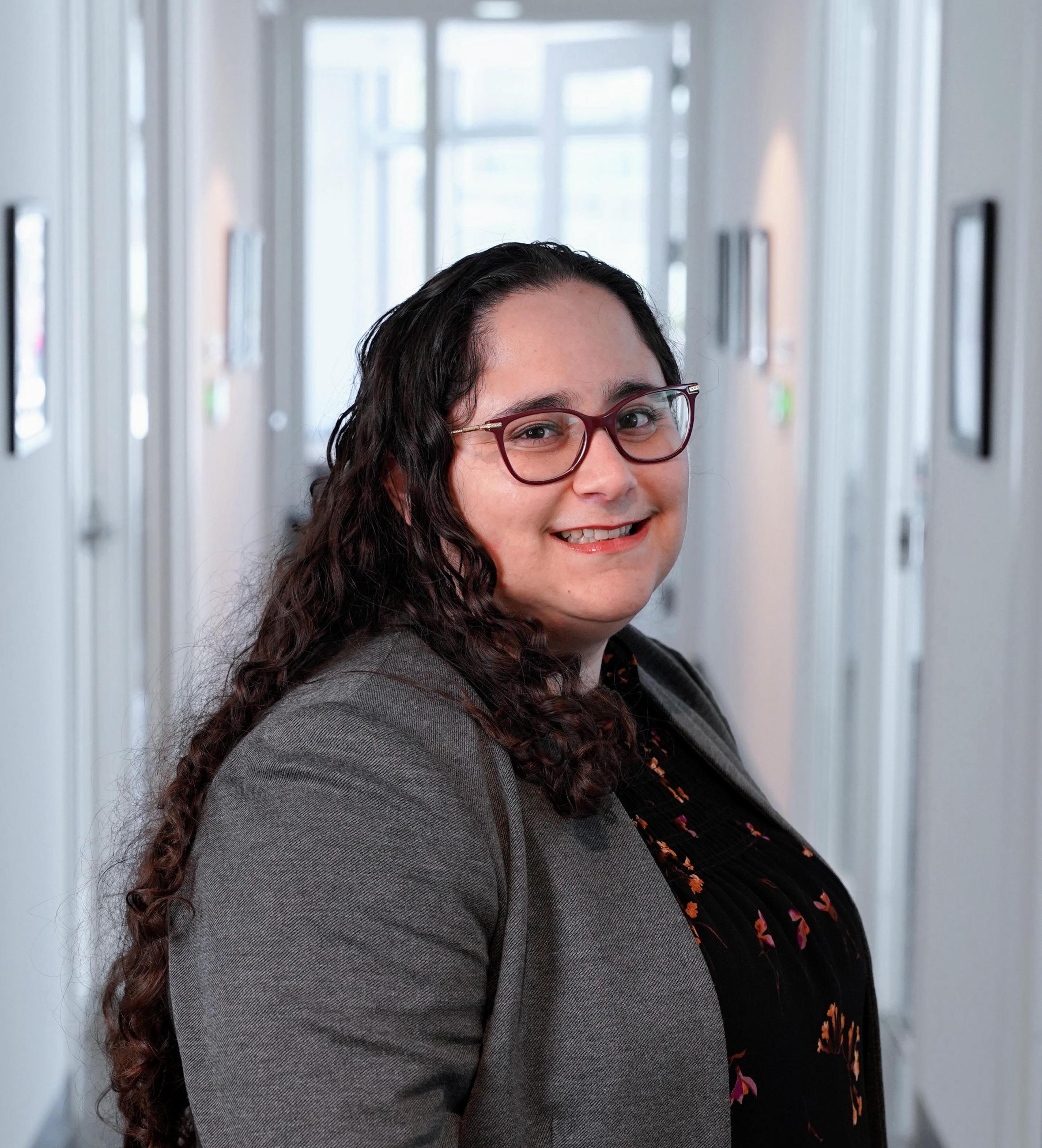
In the complex world of animal trafficking, Alexandra Stassinopoulos, B.A. ‘21 has found her niche using data to combat illicit networks. A graduate of UC Berkeley's data science program with a domain emphasis in law and society, Stassinopoulos now works at C4ADS using technology to track and disrupt wildlife crimes around the globe.
"Wildlife crimes, as C4ADS sees it, are illicit networks, similar to drug smuggling or organized crime, but specifically focusing on poaching or the transport of live, endangered species," said Stassinopoulos.
As conservation efforts increasingly look to solutions from technological innovation, Stassinopoulos represents a new generation of data scientists using their skills in unconventional fields to tackle social challenges. She demonstrates how Berkeley's interdisciplinary approach to data science education is creating pathways for graduates to make tangible impacts beyond Silicon Valley.
At C4ADS, a data-driven nonprofit organization focused on transnational security issues, Stassinopoulos brings technical expertise to her dual role on both the wildlife crimes team and the conflict-affected states team. C4ADS’s approach centers on analyzing vast datasets of trade records, social media, maritime data and satellite imagery to identify suspicious shipping patterns that might otherwise go unnoticed.
These patterns can reveal crucial information about illegal operations. For instance, if C4ADS notices 30 tons of cow horns being shipped to Southeast Asia alongside an uptick in ivory seizures, that correlation becomes a red flag. C4ADS then collaborates with local partners to investigate and potentially build cases against traffickers.
Stassinopoulos' technical contributions are significant. She recently built an application for a national park in southern Africa that alerts rangers when prior offenders enter protected areas. She also develops incident documentation tools for civil society partners in areas of conflict and organizes datasets pertinent to a specific investigation so analysts can work more effectively.
"I collect relevant data from different sources, then get it into a format where it's easier for somebody who is more comfortable with click-and-play data visualization to work with," she explained. When more complex computation is needed — such as applying advanced analysis to geo-coordinates in order to examine relationships between poaching incidents and land cover types — Stassinopoulos steps in to handle the statistical heavy lifting.
Her path to wildlife crime wasn't straightforward. Stassinopoulos discovered a passion for data science applications in policy and social issues while studying at Berkeley. A pivotal moment came when she accidentally walked into a meeting of an anti-trafficking student organization during her first year. There, she heard a Microsoft representative discuss how data science was being used to help the National Center for Missing and Exploited Children reduce their backlog of harmful content by creating unique digital identifiers to eliminate duplicate reports.
"It was eye-opening because I realized that I could do something technical, but I didn't have to work on technical products," she recalled. "I had been debating between global studies or public health, but they’d both been missing something. Data science filled that gap.”
That revelation led her to take Data 8, Berkeley's foundational data science course. Projects analyzing the death penalty's effectiveness and racial bias in jury selection resonated with her interests in law and justice. While many classmates were eying tech companies or financial institutions, Stassinopoulos was drawn to using the same skills to address policy questions. Classes in her domain emphasis and the data science major’s human context and ethics course solidified her career interests.
After Berkeley, she pursued a master's degree in foreign service at Georgetown University with a concentration in science, technology and international affairs. Her professional journey included internships with the FBI, the Office of the Inspector General at the U.S. Postal Service, and the Department of Homeland Security's Office of Intelligence and Analysis before joining C4ADS.
In her current role, Stassinopoulos values the opportunity to continuously develop new skills while working with meaningful data. "Very rarely, outside of classified systems, do you actually get access to data that's usable for real analysis and real investigations the way that C4ADS does," she said.
She sees a growing need for professionals who can work at the intersection of technology and relevant policy in the context of international affairs — a rare combination of skill sets. While individuals don’t necessarily have to have expertise in both, she said, they have to be able to work together.
For other alumni considering similar paths, Stassinopoulos offers encouragement: "If you're somebody who’s working in data or software and looking for deeper meaning in your career, consider this field. You still get that technical itch satisfied, but you're also making an impact."
For more content about and opportunities for alumni, check out our Data Science Alumni Homepage.




